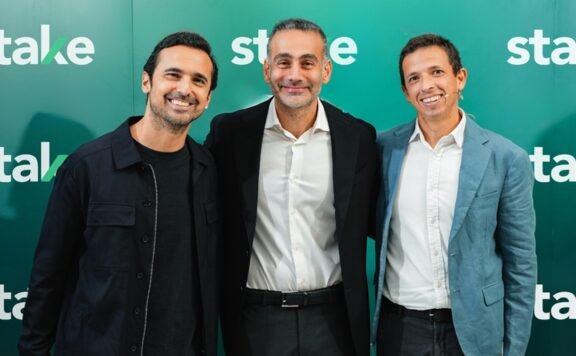Perks at work have become a source of pride and a competitive differentiator for companies vying for top talent. Stocked fridges, catered meals, on-site fitness facilities, laundry services and complimentary transportation are just a handful of popular perks companies offer to lure new employees. But according to new research by ServiceNow, the company that makes work, work better for people, an effective way to build an engaged and productive workforce is giving employees a better employee service experience during big moments and even small ones in between.
ServiceNow’s “The Employee Experience Imperative” Report, which studies the service experience at work, reveals that employee enthusiasm for work peaks at the start of a new job, but wanes by 22% shortly thereafter. Where are employers missing the mark? The findings tell us that employers aren’t supporting employee’s basic needs on a day-to-day basis during the employee lifecycle: 41% still struggle to obtain information and answers to basic questions, like finding a company policy or resolving an issue with their equipment. Furthermore, only 41% believe their employers make it easy to select their equipment before their first day and only 51% of employees believe their employers make it easy to receive equipment necessary to perform their job responsibilities at the onset of their job.
“Employees today – regardless of their role or generation – want to be heard and valued, and they want an employee experience that suits their needs throughout their career with an organization,” said Pat Wadors, Chief Talent Officer at ServiceNow. “If an employee’s experience is lacking at the onset of their new job, the impact for some employees can likely be felt until the employee’s last day. By creating beautiful and meaningful experiences and an environment where work gets done efficiently, employers will benefit from a more engaged and productive workforce.”
Where Can Employers Improve? Mobile Work Experiences
One-third of our lives is spent at work. And, employees want their experiences at work to be more like their experiences at home – like having mobile technology at their fingertips to make finding information and accomplishing tasks simple, easy and convenient. In fact, more than half (54%) of employees expect their employers to offer mobile-optimized tools at work. Yet, the majority (67%) report not finding it easy to complete necessary paperwork on a mobile device before their first day and only about half (52%) of employees have been allowed to use a smartphone or tablet to access employee tools from HR or other departments.
However, those who do have such access self-report higher productivity than those without these mobility tools. This is a miss for employers who haven’t yet introduced mobile self-service to their workforce, especially for those aiming to retain and attract millennials, as over half (59%) expect employers to provide mobile optimized tools.
A Generation Gap? It’s Smaller at Work Than You’d Think
Baby boomers and millennials aren’t so different at work, after all. Across the four generations that comprise today’s workforce – baby boomers, Gen-Zs, millennials and Gen-Xs – employees want a better experience at work. The research found that, across generations and departments, employees are losing faith in their employers to deliver positive employee experiences:
- Less than half (48%) of employees believe that employers are invested in improving the employee experience;
- More than half (61%) of employees rate their employers poorly based on a negative experience with personal leave;
- Less than half (45%) of employees feel that their opinions and perspective matter to their employer. However, millennials (43%) are more optimistic that employers will address feedback when compared to baby boomers (35%);
- Only 37% of employees believe that employers automate processes to improve the worker experience; and
- Less than half (44%) of employees believe employers provide them with easy access to information from HR and other departments; the same number felt they did not have access to the information vital to their job on day one.
A positive experience at work strongly correlates high employee net promoter scores (eNPS)– meaning, employees that create great employee experiences are likely to have more loyal, satisfied employees. That’s real business value.





